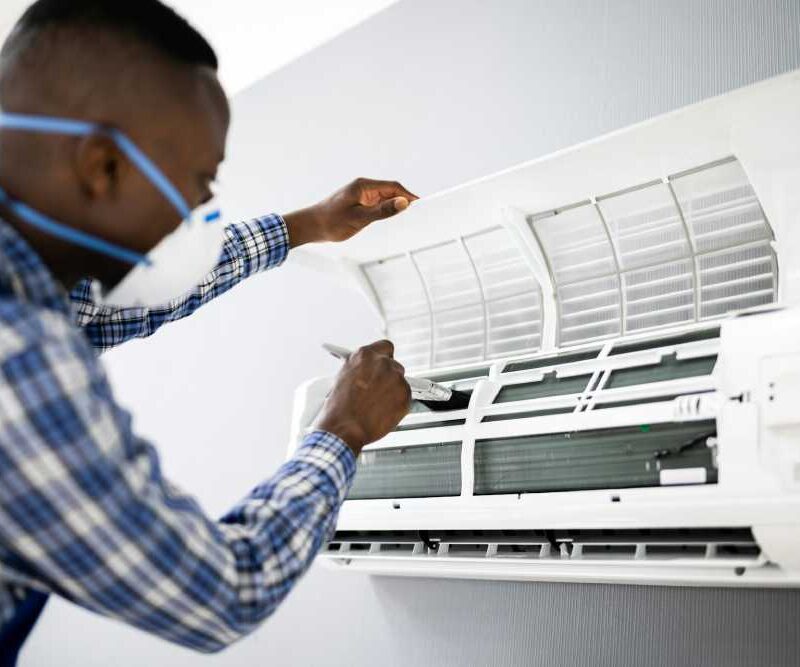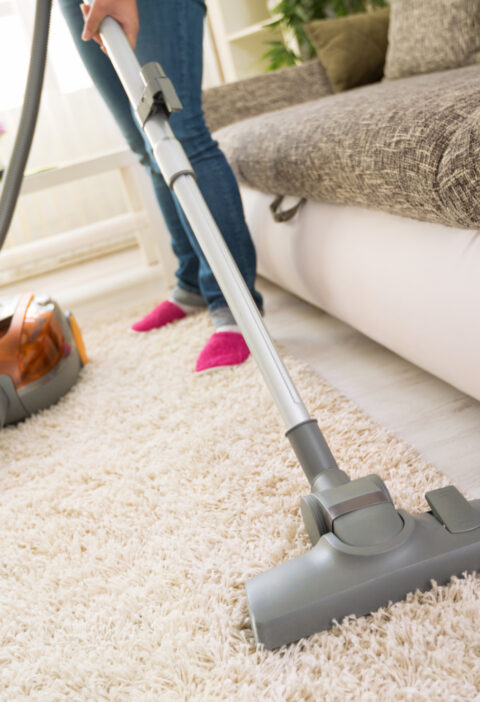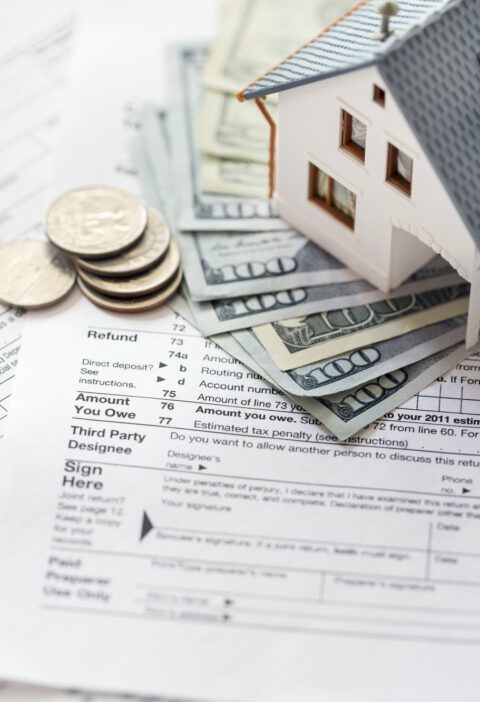When the searing heat of summer rolls in, a properly operating air conditioning system might be your finest respite; however, the continuity of this excellent comfort relies heavily on regular maintenance. Just as a car needs oil changes to run efficiently, an air conditioner requires routine checks and cleanings to perform at its best.
Neglecting these can lead to inefficient operation and a hefty a/c repair bill. By embracing a proactive approach to AC maintenance, homeowners can enjoy uninterrupted operation and potentially shave costs off their energy bills.
Recognizing Signs of Potential AC Problems
A properly functioning air conditioner is often a quiet background in daily life. However, when unusual noises emerge, temperatures fluctuate without reason, or water leaks near your AC unit, it’s a sign that your system may be suffering.
Even less apparent indicators like a sudden spike in your electricity bill could hint at an AC unit struggling to maintain efficiency. Being attuned to these warnings allows homeowners to address issues quickly, often without needing professional a/c repair services, and affords the chance to keep a comfortably relaxed home environment.
Regular Cleaning: The First Line of Defense
Cleaning is the most straightforward yet most neglected aspect of air conditioning maintenance. A dirty filter, for example, fails to trap contaminants and impedes airflow, forcing the system to work harder and wear out faster. Every homeowner can learn to replace or clean air filters, recommended at least every 90 days—or more frequently if pets are present.
The outdoor unit, too, requires maintenance; keeping the condenser coils clean and free of leaves, dirt, and debris will significantly increase efficiency and lifetime. Such preventative measures drastically reduce the need for more complex a/c repairs later.
Optimization for Enhanced Efficiency
Aiming for peak performance isn’t just about regular maintenance—it’s also about optimizing settings and the environment in which your AC operates. A thermostat shouldn’t be set to a constant frigid temperature; adjusting it for different times of the day can save energy and reduce wear on the system.
Take advantage of the milder overnight temps and think about getting a programmable thermostat that works around your schedule. Proper insulation helps to maintain indoor temperature, as does strategically closing blinds during the day to block out heat. Ceiling fans may also relieve the burden on your air conditioner, resulting in more efficient performance and a longer life.
Preventive Inspections: The Proactive Approach
While many maintenance tasks can be performed without professional help, some air conditioning aspects require a trained technician’s keen eye. Annual inspections help discover minor flaws before they become serious difficulties.
Technicians conduct a comprehensive check of the AC unit, including assessing coolant levels, testing the thermostat’s accuracy, and ensuring the system cycles on and off correctly. By investing in these preventive inspections, you can ensure your system is prepped to provide relief from the heat all season long, reducing the likelihood of unexpected breakdowns and calls for a/c repair.
Professional Maintenance: When to Call the Experts
Even with the best maintenance routine, some situations require an expert’s deft hands—especially when tackling complex problems like refrigerant leaks or electronic issues. If you’re faced with an air conditioner that refuses to turn on or emits odd odors, or if you notice that your refrigerant levels are frequently low, it’s time to call in the professionals.
Their specialized tools and training enable them to handle sensitive parts of the system that, if mishandled, could lead to more significant damage or pose safety risks. Remember, some aspects of a/c repair are not just about technical know-how but also adhering to laws and regulations regarding system maintenance and repair.
Evaluating System Performance and When to Upgrade
Knowing when to repair your AC and when to replace it is a crucial decision for any homeowner. Even when functioning, an old unit can drain your resources due to its inefficiency and the high costs of repeated repairs.
Modern air conditioners have benefits such as improved energy efficiency, quieter operation, and even smart home integration. With the advancement of cooling technology and changes in environmental regulations, upgrading to a newer model could save money and energy in the long run while ensuring your home remains a serene oasis from the heat.







